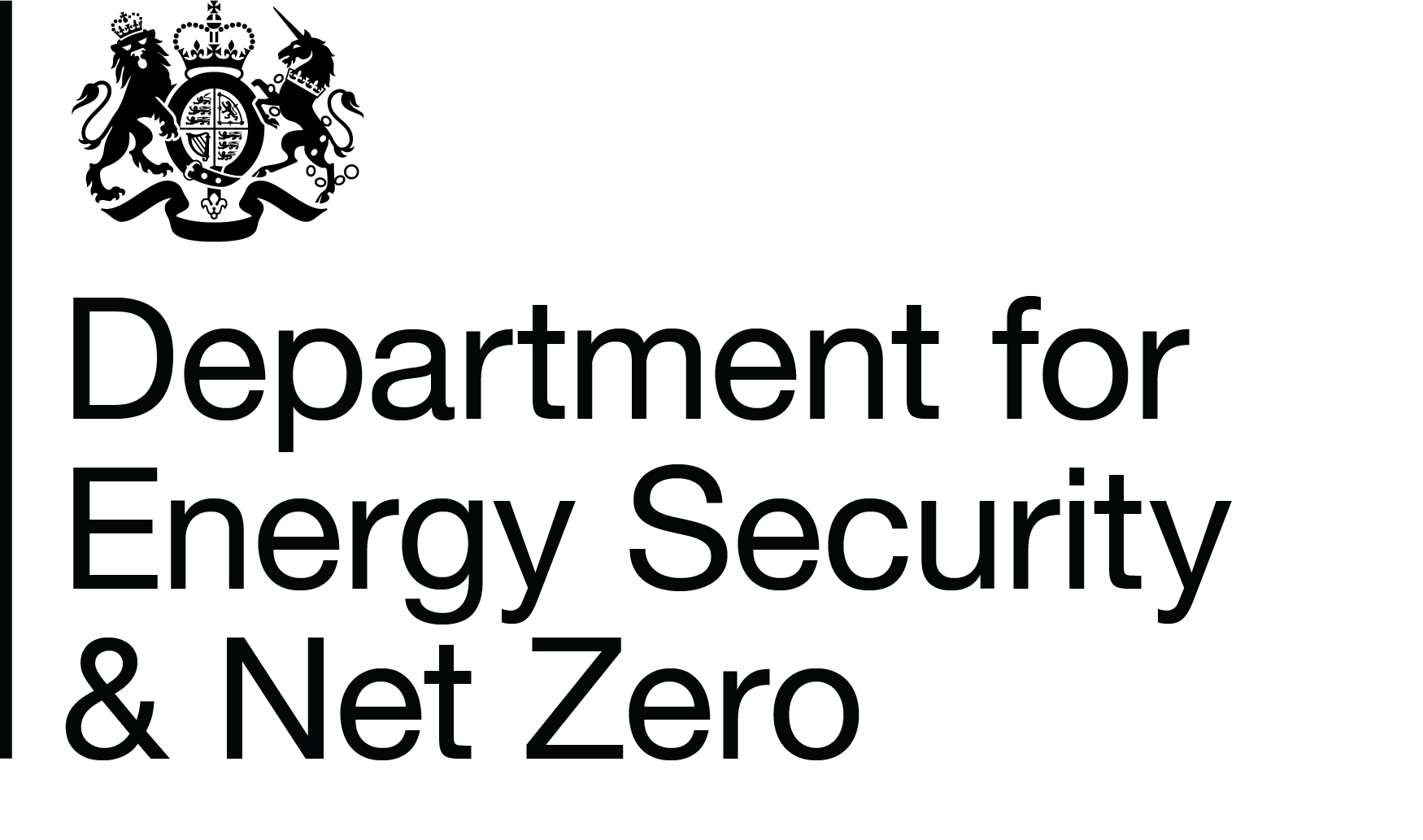The Role of Biomass in Achieving Net Zero - Call for Evidence
Overview
We are seeking evidence from a range of stakeholders on how sustainable biomass should be sourced and used to best support the UK's Net Zero target. The information gathered will be used to support the development of the upcoming Biomass Strategy.
Why your views matter
The Call for Evidence aims to strengthen the Government’s evidence base around biomass and will contribute to a review of the potential for biomass to support the UK’s Net Zero target.
Since the 2012 Bioenergy Strategy was published, biomass has played a prominent role in our efforts to decarbonise the economy. However, the context within which we use Biomass has changed and we should now look system-wide at how and where sustainable biomass can be best used to meet the UK’s Net Zero target.
The information received from the Call for Evidence will help to inform the government’s future policy in this area. We are also seeking to use the Call for Evidence to identify stakeholders and build relationships recognising that the biomass space has changed since we last formally engaged with stakeholders.
Please read the Call for Evidence document published on gov.uk before responding to the questions. You can also find the Call for Evidence document as a PDF attachment at the bottom of this page.
What happens next
We are committed to ongoing dialogue with stakeholders as we review responses to this call for evidence and develop the Biomass Strategy.
Our intention is for the formal government response to this Call for Evidence to be as part of the Biomass Strategy, to be published in 2022.
Audiences
- Bioscience
- Biotechnology companies
- Businesses
- Charities
- Charities and Third Sector organisations
- Charity or social enterprise
- Construction
- Consumer organisations
- Consumers
- Employment lawyers
- Energy assesor
- Finance
- Freelance researchers
- General public
- Innovation community
- Installer
- Investment
- Large businesses (over 250 staff)
- Local government
- Low carbon technologies
- Manufacturing
- Medium business (50 to 250 staff)
- Micro business (up to 9 staff)
- Multinational businesses
- National Academies
- Non-departmental public bodies
- Non-Government Organisations
- Regulator
- Research Councils
- Research Funders
- Researchers
- Science Policy organisations and thinktanks
- Scientists
- Small business (10 to 49 staff)
- SMEs (small and medium businesses)
- Technology (R&D)
- The Devolved Administrations
- Thinktanks
- Trade bodies
- Trade union or staff association
- Universities
- University associations
Interests
- Bioeconomy
- Carbon budgets
- Carbon capture and storage
- Carbon markets
- Carbon neutrality
- Carbon offsetting
- Climate change
- Emissions
- Energy and climate change
- Innovation
- R&D
- Renewable energy
- Research
- Science funding

Share
Share on Twitter Share on Facebook